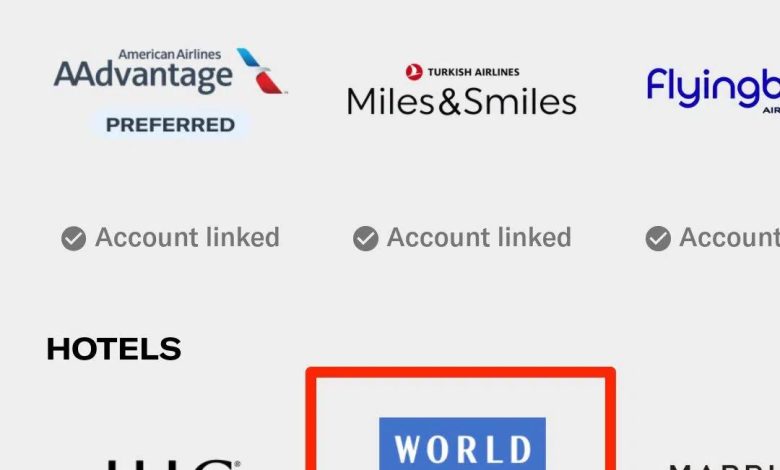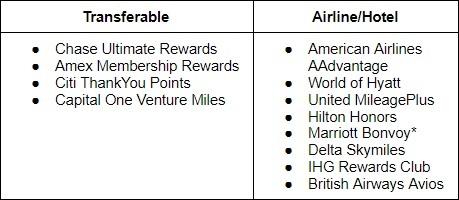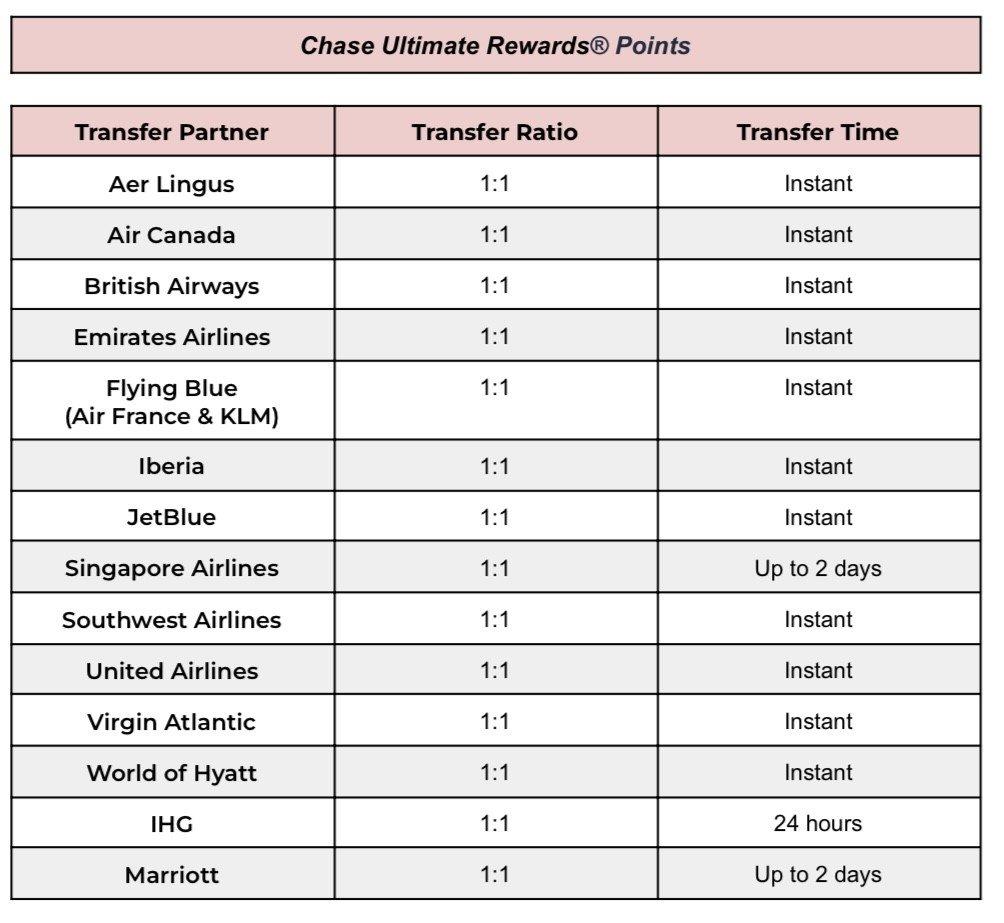
In the intricate dance of air travel, frequent flyers often find themselves in pursuit of an elusive partner: the perfect redemption. With a myriad of loyalty programs offering tantalizing rewards, the ability to transfer points between airline programs becomes a valuable skill for the savvy traveler. Imagine the freedom of turning a bounty of miles into a dream vacation or an upgrade to first class, simply by knowing how to navigate the complex web of alliances and partnerships. In this guide, we unravel the secrets of point transfers, empowering you to unlock a world of possibilities and make the most of your hard-earned rewards. Whether you’re a seasoned jet-setter or a curious novice, join us as we explore the art and science of transferring points between airline programs, and take a step closer to your travel aspirations.
Maximizing Your Mileage with Strategic Transfers
When it comes to getting the most value out of your airline miles, knowing how to strategically transfer points can make all the difference. Each airline loyalty program has its own set of rules, partners, and transfer rates, and understanding these can unlock a treasure trove of opportunities. The key is to become familiar with the alliance networks and partner airlines that your program is associated with. For instance, if you have a stash of points in a credit card rewards program, look for the transfer partners that align with your travel goals. This can often result in better availability, lower redemption rates, and access to first-class or business-class flights that might otherwise be out of reach.
- Research the best transfer ratios: Some programs offer 1:1 transfers, while others might offer bonuses or have different conversion rates.
- Check for transfer promotions: Occasionally, airlines offer promotions that give you extra miles when you transfer points.
- Consider alliance benefits: Star Alliance, Oneworld, and SkyTeam offer expansive networks that can enhance your travel options.
- Be aware of transfer times: Some transfers are instant, while others can take days. Timing is crucial if you’re booking a popular route.
By leveraging these strategies, you can stretch your points further, enjoy premium travel experiences, and make the most of every mile you earn. The art of transferring points isn’t just about moving numbers; it’s about crafting a journey that is as rewarding as the destination itself.

Understanding Transfer Ratios and Conversion Values
When transferring points between airline programs, it’s crucial to grasp the concept of transfer ratios and conversion values. These two factors play a pivotal role in maximizing the benefits of your points. Transfer ratios determine how many points you will receive in the target program for each point transferred from the original program. They vary significantly between programs, and even between different partnerships within the same program. Some common ratios include:
- 1:1 – A direct and equal transfer.
- 3:2 - For every three points transferred, you receive two in the target program.
- 5:4 – Five points in the original program convert to four points in the new one.
On the other hand, conversion values are essential in determining the real-world worth of your points post-transfer. These values fluctuate based on factors like flight routes, class of service, and seasonality. An astute traveler will analyze these values to ensure that the transferred points yield the highest possible value, making the most of every transaction.

Navigating Transfer Partnerships for Seamless Exchanges
When it comes to maximizing your travel rewards, understanding how to effectively leverage transfer partnerships can make all the difference. The key is knowing which airline programs allow for point transfers and how to navigate their individual systems. Start by identifying which loyalty programs are linked. Many airlines partner with hotel chains and credit card companies, allowing for seamless exchanges of points or miles. This interconnected web of partnerships can provide flexibility, giving you the freedom to choose the most beneficial options for your travel needs.
- Research Transfer Ratios: Each partnership comes with its own transfer ratio. Some programs might offer a 1:1 transfer, while others may require more points for the same amount of miles.
- Look for Transfer Bonuses: Occasionally, programs offer limited-time bonuses that can significantly increase the value of your points when transferred to a partner airline.
- Understand Transfer Times: Transfers aren’t always instantaneous. Be sure to check how long it takes for points to reflect in your chosen program, especially if you’re planning to book a flight soon.
By strategically navigating these partnerships, you can enhance the value of your rewards and enjoy a more seamless travel experience. Whether you’re looking to fly internationally or upgrade your seat, knowing how to transfer points efficiently can unlock a world of possibilities.

Avoiding Common Pitfalls in Points Transfers
When transferring points between airline programs, it’s crucial to be aware of potential stumbling blocks that could impact your rewards journey. One common mistake is not checking the transfer ratios between programs. Transfer ratios can vary significantly, and failing to understand them may lead to a significant loss of points. Before initiating any transfer, verify the ratio to ensure you’re getting the best value for your points.
Another frequent oversight is ignoring expiration policies. Points often have different expiration rules in each program, and transferring them doesn’t always reset the clock. Always review the destination program’s terms to avoid losing your hard-earned rewards. Additionally, be cautious of transfer fees, which can eat into your point balance. While some programs offer free transfers, others might charge a fee, making it essential to factor this into your decision. To navigate these pitfalls, consider the following:
- Research: Always double-check transfer ratios and fees.
- Timing: Be aware of any promotional periods offering better rates.
- Flexibility: Maintain a diverse point portfolio to adapt to sudden changes.



